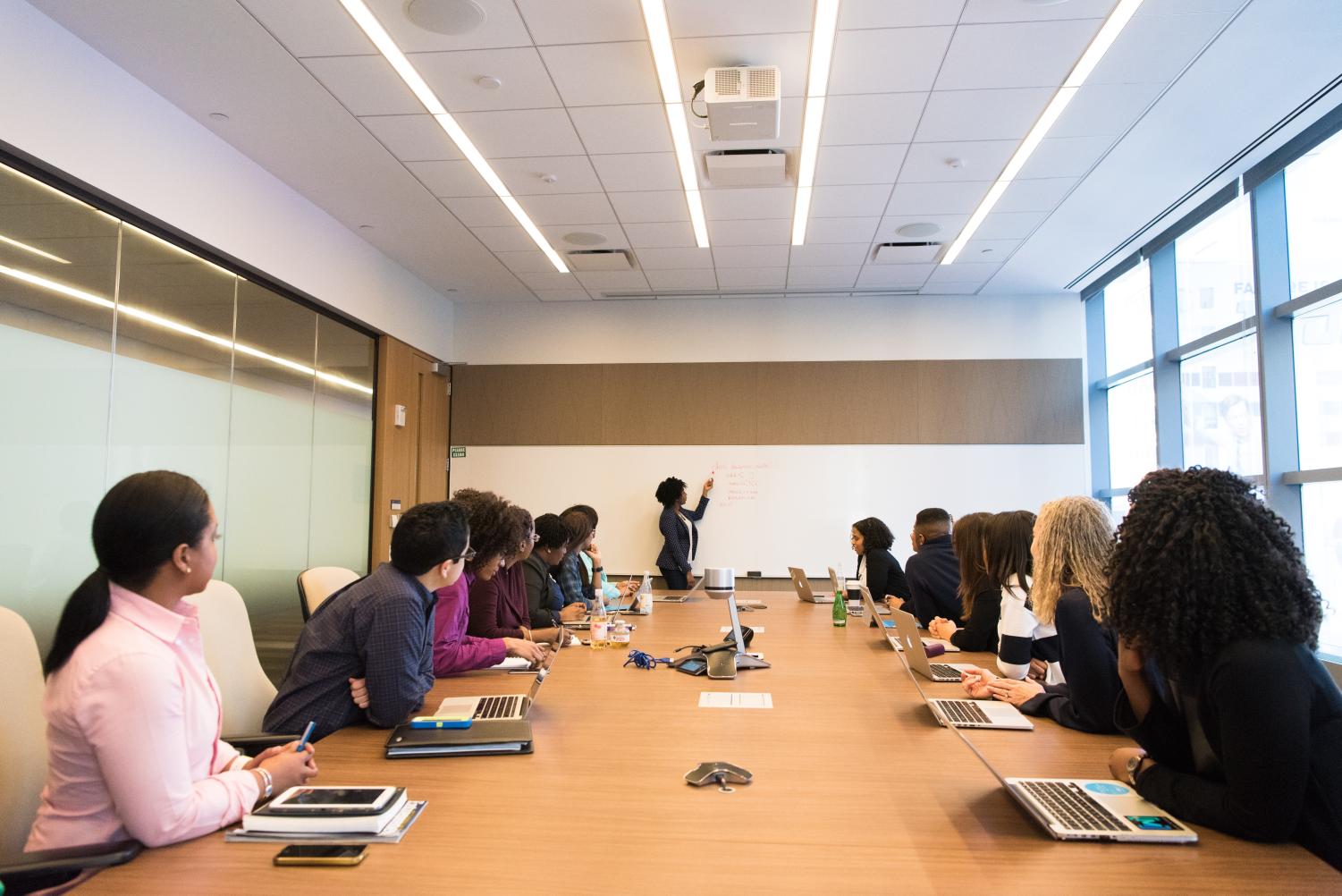
HOP ABOARD A SCHOOL BOARD MEETING…IT’S LEGAL
JUDGE JADE
May 12, 2023
If the inner activist in you wonders why certain policy changes are made or why they may not be taken into consideration, this is actually public information thanks to the Pennsylvania Sunshine Act!
“This act shall supersede all local charter provisions, ordinances, or resolutions which relate to requirements for meetings of local public bodies to be open to the public,” Legislature.mi.gov found.
Not only do public entities have to follow these regulations, but they must also abide by the Sunshine Laws. For those who are unfamiliar with this legislation, it requires any government establishment to be transparent about information regarding a school board meeting, which includes when the meetings are scheduled, what will be talked about, and the purpose for gathering etc.
Once the session is over, a document is made public (this is called the meeting minutes).
When it is officially public record, it can be on the school’s website for at least 60 days in most cases. Recordings of the meeting, audio, video, or media of another variety are allowed as well.
Public comments are also legal for citizens in the community to make about issues happening at the school, other concerns, and positive feedback.
Now that you know the legalities of entering a school board meeting, here are some tips on how to execute your points while speaking to the members.
Number one: always be prepared with research. Of course, not every situation you bring to the attention of a school board meeting will require this. However, it does show a sense of ambition compared to others that may just use the tactic of complaining.
If you can, find an aspect of a school policy that you think is working, but then you can include ways of how the issue you are worried about can be fixed.
Rehearse your speech and devise a plan of what you want to say. You will not only be prepared, but you will feel confident about what you are providing.
Throwing in questions could help the members understand what the public does not comprehend about a specific rule.
Including personal anecdotes does humanize what you are trying to explain, so mentioning examples of people that may have experienced the same problem acknowledges that actions must be taken!

